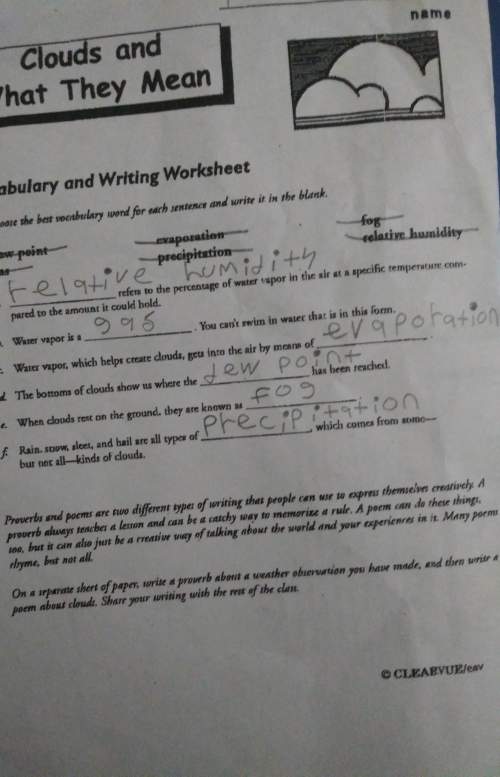
Physics, 25.06.2019 10:10 anonymous654
Kirchhoff's loop rule says that the sum of the potential changes around a loop must equal zero. therefore, if the input voltage at some moment is 10v, then the voltage drop across the diode plus the voltage drop across the resistor must equal 10v. in general, this gives the equation ir+vd=vin, where i is the current through the diode and resistor, r is the resistance of the resistor, vd is the voltage drop across the diode, and vin is the potential difference of the source. (note that the current through the diode is the same as the current through the resistor because the circuit shown has only one loop.) if you plug in the current-voltage relationship for a diode given in the problem introduction, you will get an equation for vd in terms of r. unfortuately, this is a transcendental equation, which must be solved numerically. for parts b - d, assume that the input voltage is 10 v, the resistance is 1.000kω, and the potential difference across the diode is only 0.3561v. part b what is the current i that flows through the diode? express your answer in amperes to three significant figure. i i i = nothing a

Answers: 1


Another question on Physics

Physics, 21.06.2019 17:30
What is the relationship between the wavelength of a wave and it's energy?
Answers: 1

Physics, 21.06.2019 19:30
Can somebody explain to me how newton's 3rd law relates to momentum? ~ap physics 1
Answers: 2

Physics, 22.06.2019 12:30
Consider a hydrogen atom in the ground state. what is the energy of its electron? =e= jj now consider an excited‑state hydrogen atom. what is the energy of the electron in the =5n=5 level? =e5= j
Answers: 3

Physics, 22.06.2019 21:10
Which of the following is a measure of the amount of light a star directly emits? a. luminosity b. intensity c. wavelength d. brightness
Answers: 2
You know the right answer?
Kirchhoff's loop rule says that the sum of the potential changes around a loop must equal zero. ther...
Questions

Geography, 26.08.2019 22:00





Mathematics, 26.08.2019 22:00


Social Studies, 26.08.2019 22:00







Mathematics, 26.08.2019 22:00

Social Studies, 26.08.2019 22:00




Spanish, 26.08.2019 22:00




